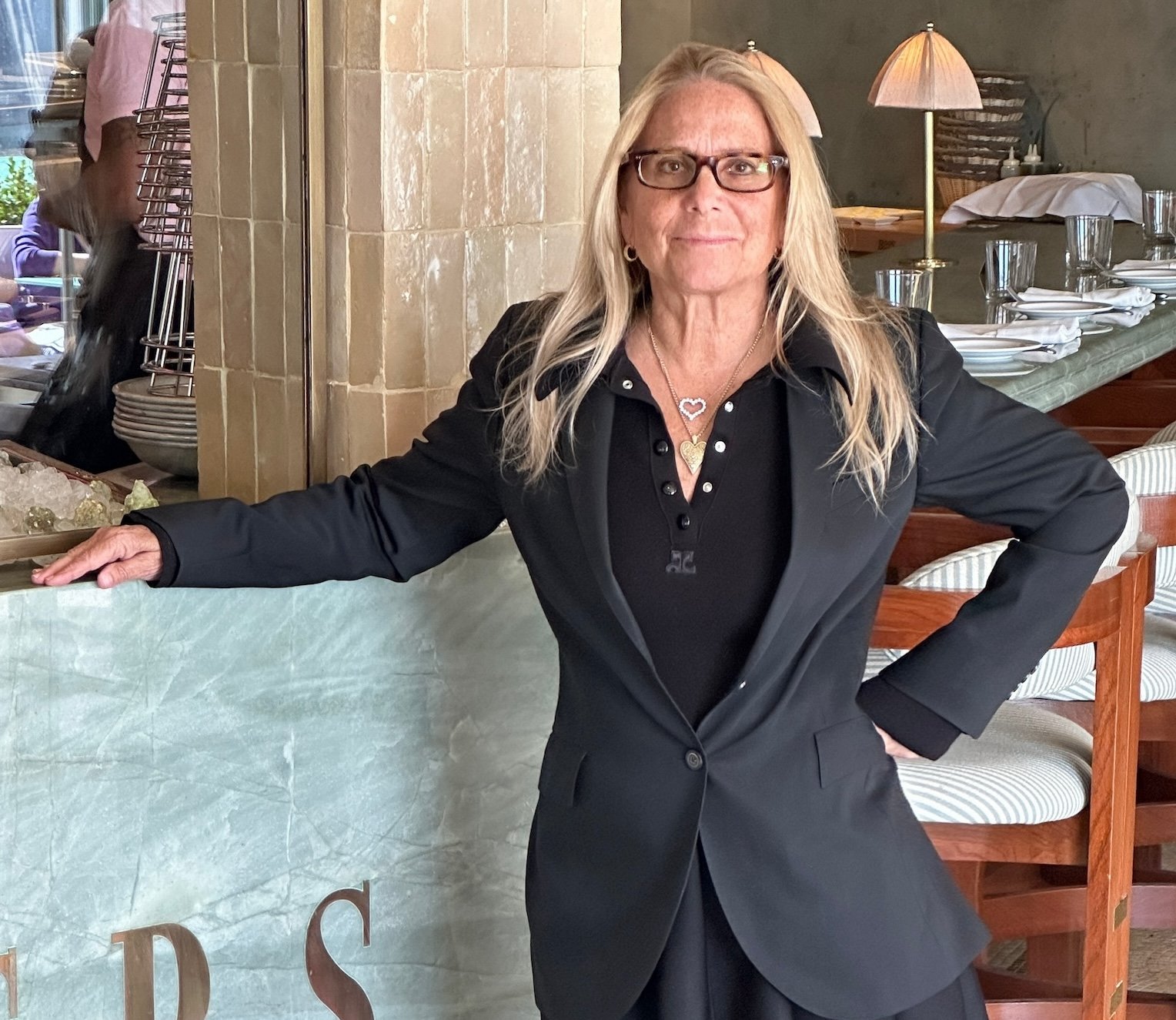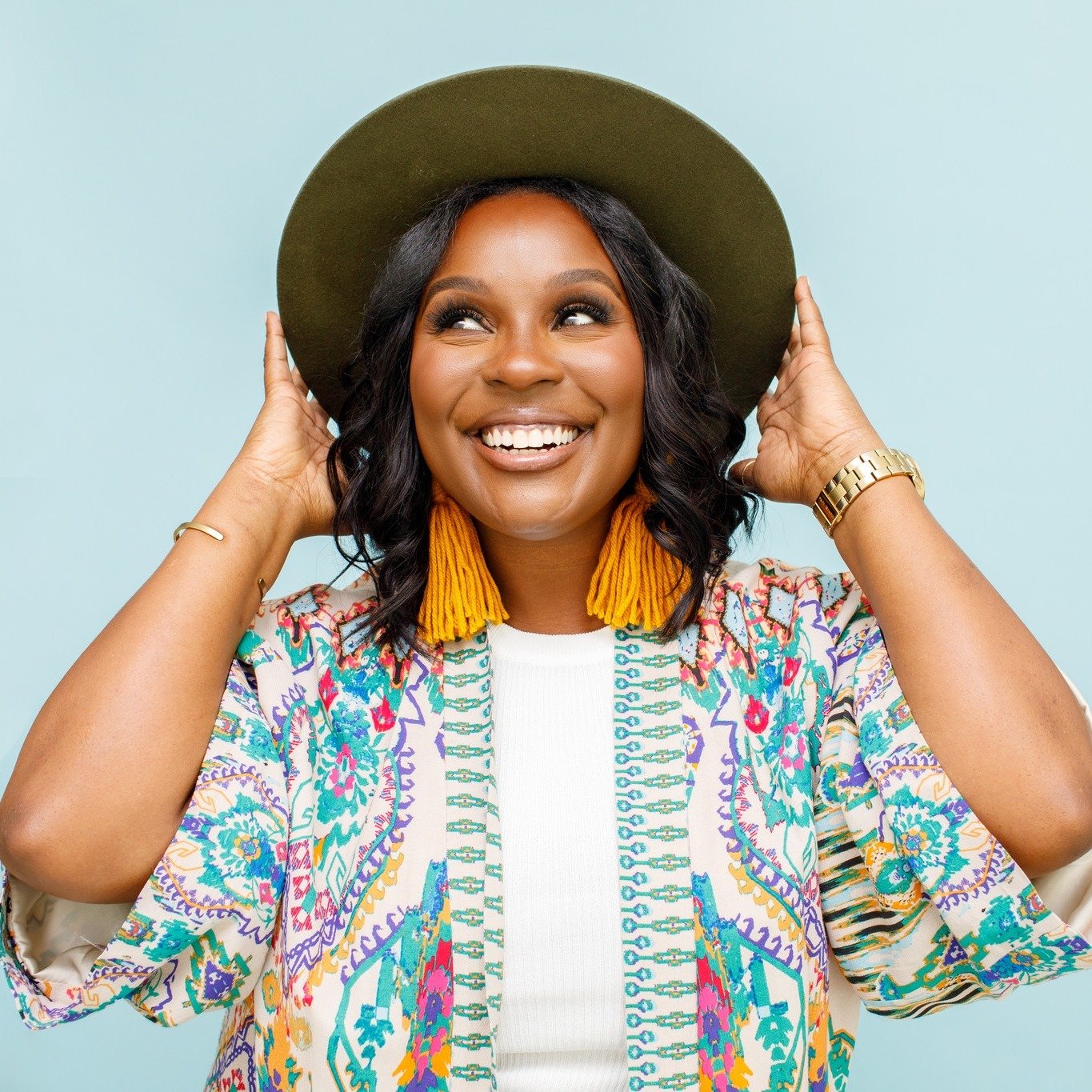Deepa Purushothaman on Why We Must Give Ourselves Permission to Question Everything
written by Stacey Lindsay
“I think we are in a shift where we are rewriting the values we prioritize around how we work.”
In her 2022 bestseller The First, the Few, the Only: How Women of Color Can Redefine Power in Corporate America, Deepa Purushothaman writes, “I want us to us to see ourselves clearly in our own eyes, with our own definitions, so we can step into our leadership roles and stand together in our own power.”
Deepa has garnered wide acclaim for her book, which gives recognition to women of color working in the antiquated, sexist, and racist structures of corporate America. We know the system, built and perpetuated by men, must change. But how we can work to change it is a feat to which Deepa gives illuminating language, inspiration, and courage. By collectively working together as “the we,” she says, we can work to change the beliefs and structures.
Deepa’s work to advance women is urgent, and her experience is vast and rich. A multiple business founder, she is a former senior executive who spent more than two decades at Deloitte, where she was the first Indian-American woman and one of the youngest people to make partner.
Here, Deepa, who recently founded the think tank the re.write, offers us a look at how we can all work to radically reframe the world of work, support one another, and, as she says, “question everything.”
Chatting with Deepa Purushothaman
In your book The First, The Few, The Only, you write that behind corporate America, there is a veneer of supporting inclusion, but there isn't a fostering of true equity, especially for women of color. How are we seeing this today?
We don't realize how much conforming, performing, and assimilation there is to behave and even rise in corporate cultures. There is a certain recipe, a certain look; I call it 'the 42-long who drinks beer and likes football' that we see as executive-ready. That is still who we think is a corporate executive, and if you aren't that, there is a pressure to get as close to that archetype as possible. That process of assimilation takes power away from women and women of color. We don't see ourselves in leadership seats and think we must morph to be there. We think I will just edit this small part and that small part, and when I get to a leadership seat, then I will show up as me. But it doesn't work that way. It is hard to eventually show up as you when you haven't been "you" along the way. We have to find ways to be ourselves and be in our power as we rise. So, the veneer is, even though we're saying there's space for everybody and we're into inclusion, there is a narrow definition of who is considered executive-ready and has an executive leader presence.
And the implications are horrendous.
When you're asked to perform in ways that aren't true to who you are, it will eventually become really difficult. I believe this is why many women are opting out or getting sick.
Change must happen with everyone's commitment. Where do we start to be good co-conspirators, as you say, and allies to the women of color around us?
It will tell you, it is small things, the small moments. Yes, what senior leaders say matters, but what your day-to-day team members do is where and when we feel like we belong and don't belong. A lot of women feel they're spoken over on Zoom calls or in person. If you see someone spoken over or their ideas being taken, it's about speaking up. It's about saying, 'That's great, John, but I want to go back to Deepa because that sounds similar to what she said.' Getting spoken over and having ideas stolen are big things in corporate America. Also, many women of color I spoke with are asked to do busy work. It's important to distribute who does this work, including ordering coffee for meetings, taking notes, or other office upkeep activities.
In addition, good co-conspirators can ensure it doesn't fall upon women or women of color to speak up for themselves. Because sometimes in those situations, it's hard to speak up or be the one who's always saying 'that doesn't feel right to me.'
You've written and spoken about how these corporate structures are not made by nor for women of color. How can all women be in advocacy to work to build better structures?
It’s about having more conversations. It's being in community with others. It's hard to talk about hardships and challenges, and racism and microaggressions. There isn't always a benefit or reward for speaking up about the hard stuff. We live in a culture that rewards and likes to talk about winners, not the challenges of getting there. But I feel like we are getting closer to a place where we are more open to talking about these things. This is where permission comes in. A lot of women don't give themselves permission to question things. We have to give that to ourselves. We must give ourselves permission to question everything: Am I having a hard time? Are others having a hard time? Is everybody having a hard time? Are these rules not working? Still, many women don't even know they can question those things. So, it is important to recognize that we can have conversations with others to validate our experience. I call this the' me and we.' We must figure out for ourselves what our boundaries are, what is working for us individually, and what is not. Then the real power for change comes from the we. And that starts with these conversations. My work started with research around the alienation women of color experience in corporate America, but the truth is, work isn't working for most people I speak with. I think we are in a shift where we are rewriting the values we prioritize around how we work. Things like wellness over sacrifice, impact over conformity, and community over competition.
__________________________________________________________________________________
Deepa Purushothaman is the best selling author of The First, The Few, The Only, a Harvard Business School Executive Fellow, and former corporate executive. Learn more at deepapuru.com and www.workrewrite.com.
YOU MAY ALSO LIKE




